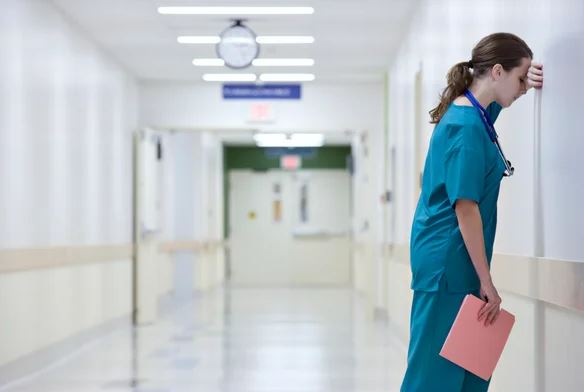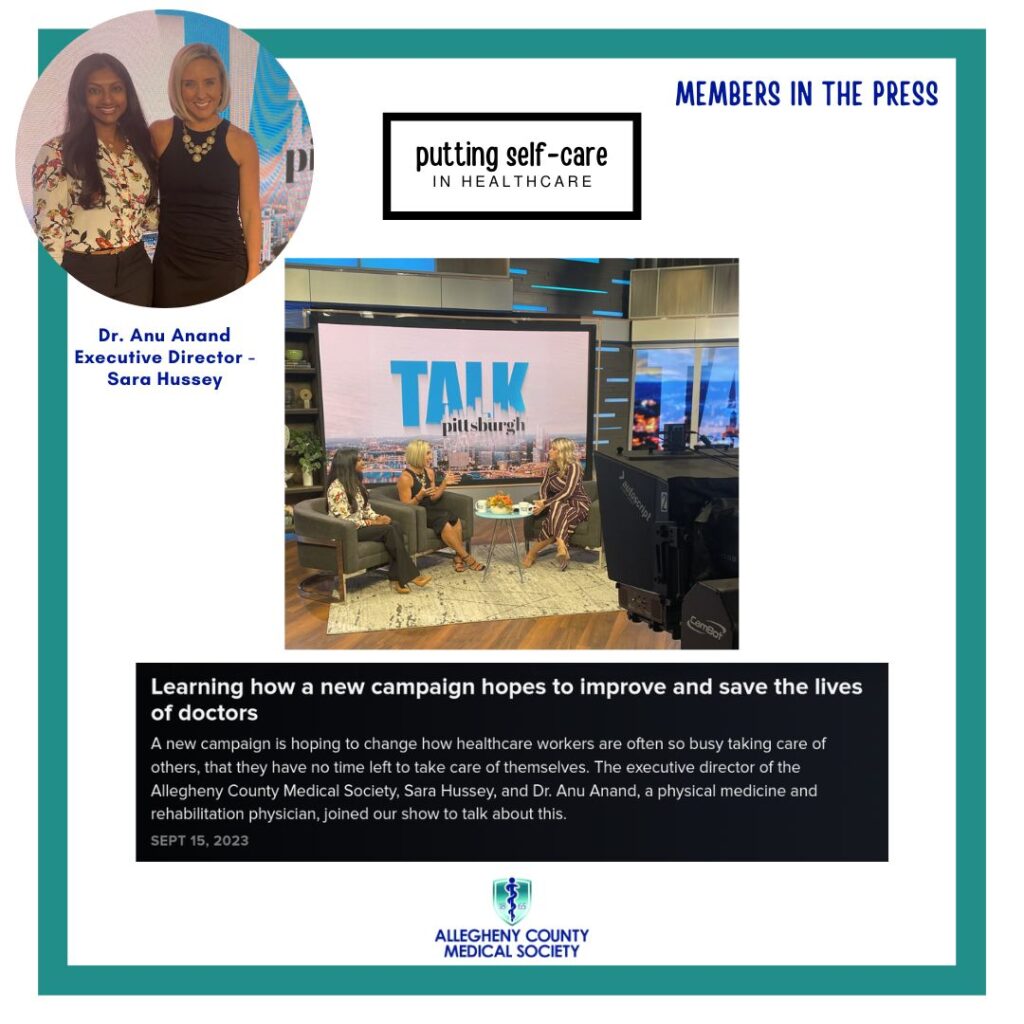
By: Sara Hussey, ACMS Executive Director

The medical profession is seen as a noble and prestigious field, dedicated to saving lives and promoting well-being. However, behind the white coats and stethoscopes, there’s a hidden crisis that needs urgent attention – physician suicide, especially among women. To close out this month of awareness regarding Physician suicide (#NPSADay), this post will shed light on the alarming rates of suicide within the medical community, focusing on the unique challenges and pressures faced by female physicians.
The Silent Crisis
Physician suicide is a public health crisis that affects both men and women, but the challenges faced by female physicians deserve special attention. According to a study published in JAMA Surgery in 2020, female physicians have a 220% higher risk of suicide compared to women in other professions. Despite significant increases in women entering medicine over the last few decades, women in medicine still face a wage gap, risk of sexual harassment, motherhood, relationship issues, and other disparities that can contribute to mental health challenges and suicide. This startling statistic highlights the urgent need to address the mental health and burnout issues that women Physicians are facing.
I recently came across a perspective piece by Uchenna Umeh, MD from November 2020. Her words provide a good indication of how physicians internalize the burnout they feel on a daily basis. Dr. Umeh writes:
“Physicians should be brilliant, resilient, and darned near perfect. We cannot afford to make mistakes (no pressure). We must show up 100% each day with our game faces on, with a smile, ready to serve and save lives! We must never tire; we must love our jobs and not give-in to overwhelm or toxicity at the workplace.
We must thrive regardless of near inhumane working conditions. But what if we can’t? What if we are actually human? What if the rest of the world sees us as one of them? What if we see ourselves as human and as such fatigable, maybe even fallible?
What if we save our patients but not ourselves? What if “first do no harm” protects everyone else but us? What if our beloved profession becomes a noose around our necks?
What if we cannot cope with life during a pandemic; family, relationships, money, illness, colleagues, workplace abuse, to name a few? What if we find themselves hopeless, helpless, and trapped in our “perfectionism”? What if we pay the ultimate price for all this with our lives?
Does anyone notice? Are we missed? Is anyone counting?”
Over the last month, the goal of the ACMS “Putting Self-care in Healthcare” campaign has been to let our physicians know that we DO notice. Recently, I was joined by Dr. Anu Anand on a segment for Talk Pittsburgh to discuss Physician suicide. Dr. Anand shared her perspective as a female physician who is balancing a busy practice, a marriage, three young children, and all of the other pieces of a busy life. She notes that she manages her stress by having open and candid discussions with her spouse about her workload. She has found that having that external outlet has helped her with perspective when it comes to competing priorities. She doesn’t have to “suffer in silence”. Dr. Anand also acknowledges that even the smallest gestures, like a “thank you for all that you do” from her patients, can truly turn her whole day around. That simple act of kindness is strong reminder to everyone that even the smallest things can truly change (and maybe save) someone’s life.
Conclusion
Being a physician is a noble calling, but it comes with immense pressure. Physicians are expected to be perfect, to provide flawless care, and to shoulder the weight of life-and-death decisions daily. For women in medicine, these pressures can be exacerbated by societal expectations and gender biases. Both male and female physicians often face barriers to seeking mental health treatment due to concerns about professional stigma and the potential impact on their careers. Efforts to reduce this stigma and promote mental health support within the medical community are ongoing.
If you, or someone you know, need support or guidance, please visit our recent blog post “Resources for Physicians and Healthcare Workers Facing Burnout“.
Although our September campaign is coming to a close, we look forward to a continued conversation around Physician burnout and concerted efforts to ensure that those who take care of others, are being cared for as well. The ACMS recently launched a Women in Healthcare Committee. One of the goals of this committee is to create a community and support system amongst the female physicians in Allegheny County. But this committee also seeks to make tangible changes to the gender biases and stigma of seeking help for burnout. This group looks to engage with medical students and residents early on, to provide tools, advice, and resources to the next generation of female physicians. If you are interested in joining the Women in Healthcare committee please contact Nadine Popovich at [email protected].


